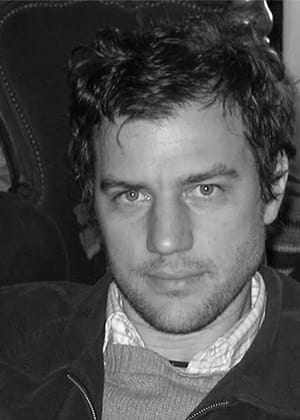This Thursday, the 15th of April, from 5pm to 7pm we will welcome Jason E. Smith (Los Angeles) who will give a lecture entitled Aristotle’s Dream.
The event will take place through Teams. If you are interested in participating, please contact Dr Frank Ruda to register.
Jason E. Smith lives in Los Angeles and writes primarily about contemporary philosophy and politics. He teaches in the Graduate Art program at Art Center College of Design in Pasadena, California, and recently published a book on the political economy of automation, Smart Machines and Service Work: Automation in an Age of Stagnation (Reaktion, 2020).
Here the abstract of the talk:
The title for my talk comes from a passage in Marx’s famous discussion of “Machinery and Large-Scale Industry” in the first volume of Capital. In the midst of an survey of the “immediate effects of machine production on the worker,” Marx formulates a peculiar “dialectical inversion” specific to the capitalist use of machinery: “the most powerful instrument for reducing labor-time” is transformed into an apparatus for lengthening, rather than reducing, the length of the working-day. To this “economic paradox” Marx opposes what he calls Aristotle’s “dream,” such as it is formulated in first pages of The Politics: “if the weavers’ shuttles were to weave of themselves, then there would be no need either of apprentices for the master craftsman, of slaves for the lord.” This passage is often-cited, but rarely examined closely. My talk will attempt to address three particular questions this passage raises: 1. What role does this reference to machine production or even “automation” in Aristotle’s Politics play in the economy of Marx’s analysis of machine production in Capital, vol 1.; 2. Why, in fact, does Aristotle “dream” of a technological solution to the problem of slavery in the ancient world occur precisely in a text widely held to be a justification for the institution of slavery?; and 3. What role does Marx’s allusion to the relation between “political economy and Christianity” play in understanding the dialectical inversion (machine production lengthening rather than shortening the working day) he starts from?
